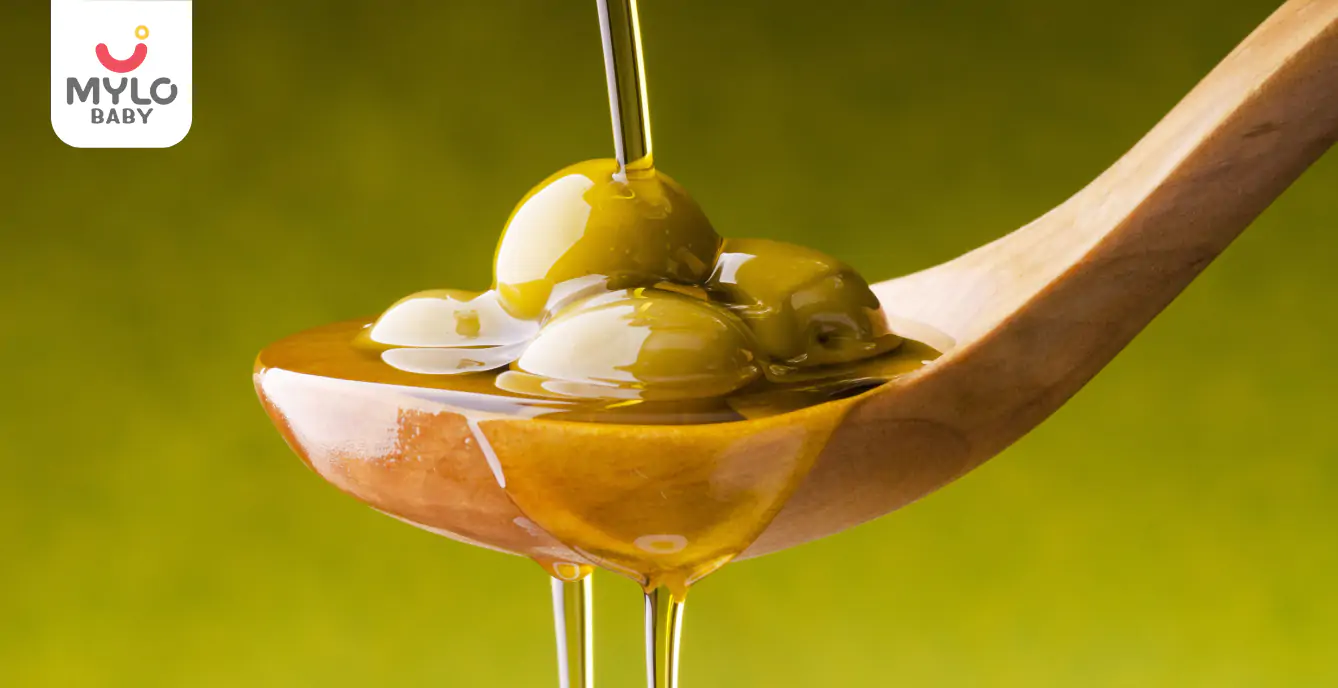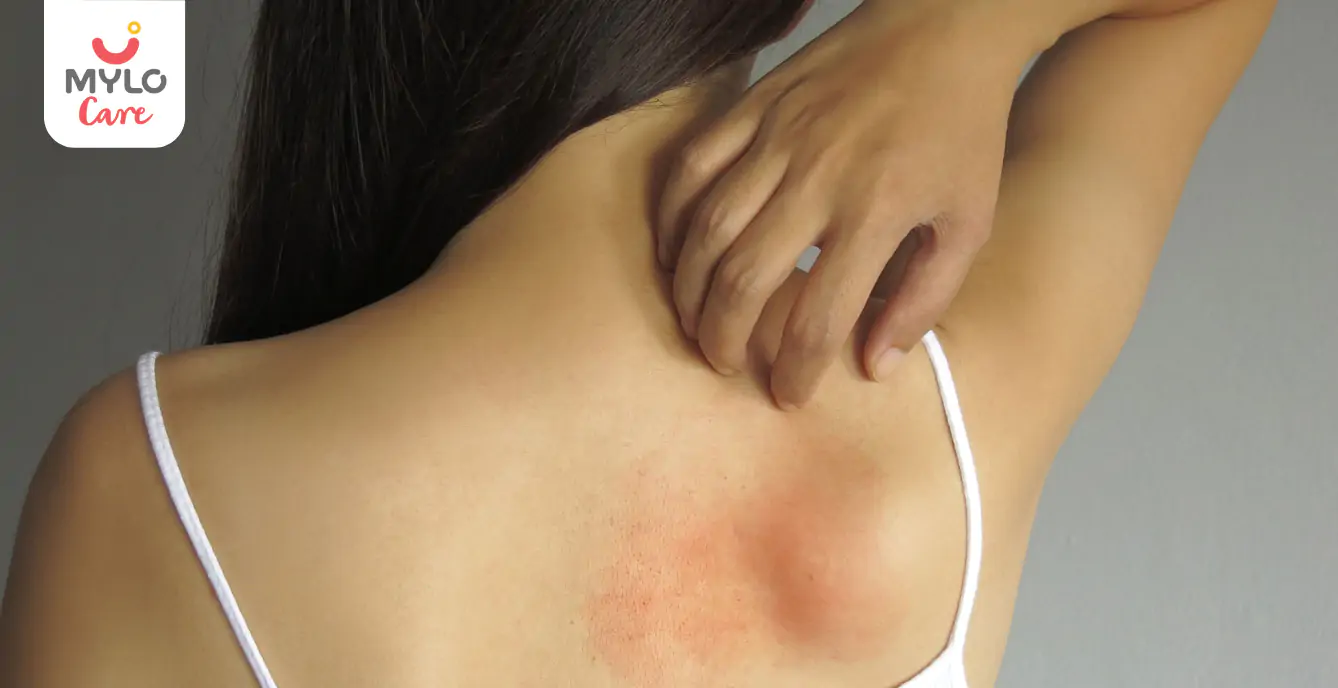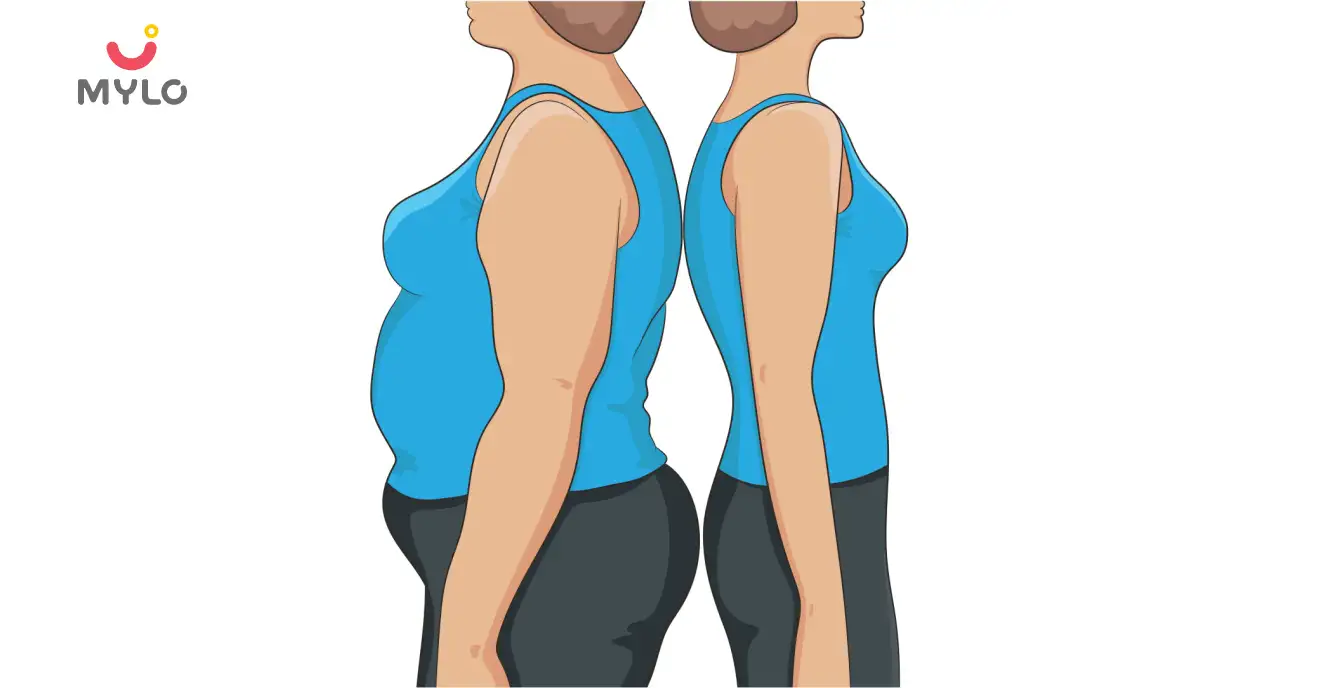- Home

- Tight Vagina and Women's Health: An In-Depth Guide
In this Article
Tight Vagina and Women's Health: An In-Depth Guide
Updated on 28 December 2023
For women, the topic of vaginal health is both intimate and important. Yet, discussions about vaginal tightness and its implications often come with misconceptions, myths, and concerns. A tight vagina refers to the feeling of narrowness or constriction within the vaginal canal. This sensation can vary from person to person and may be influenced by factors such as muscle tone, arousal, and individual anatomy.
In this article, we will debunk some common myths surrounding this topic, understand the factors that may affect a vagina’s tightness, discuss some conditions that may cause vaginal tightening and learn how to improve vaginal elasticity.
Common Myths About Tight or Small Vagina
Myths about vaginal tightness persist, leading to misunderstandings and, at times, unnecessary worry. Let's debunk seven common myths and uncover the truth behind them:
Myth 1: A small vaginal canal is inherently problematic.
Vaginal size varies greatly among individuals, and it doesn't necessarily indicate a problem.
Myth 2: Tight vaginas lead to sexual dissatisfaction.
Sexual satisfaction is a complex matter influenced by various factors, including communication, trust, and emotional connection.
Myth 3: All vaginas should be the same size.
Just like any other body part, vaginal size and shape are unique to each person. Tight, small, loose or fat vagina are all normal.
Myth 4: Vaginal tightness can't change.
Vaginal tightness can change over time due to factors like childbirth, aging, or medical conditions.
Myth 5: You can't address vaginal tightness without surgery.
There are non-surgical methods and exercises that can help improve vagina’s ability to stretch.
Myth 6: Tightness is a sign of virginity.
Vaginal size is not related to a person's sexual history or virginity.
Myth 7: All women should aim for a 'loose' vagina.
There is no universal standard for vaginal tightness, and women should focus on their comfort and health.
Can a Vagina Be Too Tight?
The idea of a vagina being "too tight" can be a cause for concern, but it's essential to distinguish between a naturally tight vagina and one that is experiencing issues. In most cases, a naturally tight or small vagina does not pose any health risks.
However, if the tightness causes discomfort, difficulty or pain during sexual intercourse, it's important to seek medical advice. A healthcare provider can help identify the underlying causes and recommend appropriate solutions.
Can Vaginal Elasticity Change with Time?
The ability of the vaginal walls to stretch and contract can change over time. Several factors can influence these changes, including:
1. Childbirth
The process of giving birth can lead to temporary or permanent changes in vaginal size and elasticity, depending on the method of delivery and individual factors.
2. Aging
Like other muscles in the body, vaginal muscles can weaken with age, affecting elasticity.
3. Hormonal Changes
Hormonal fluctuations, such as those occurring during menopause, can lead to changes in vagina and its ability to stretch.
Some Conditions that May Cause Vaginal Tightening
In some cases, conditions may contribute to tightening of the vagina, which can lead to discomfort or other symptoms. These conditions include:
1. Vaginismus
This is a condition wherein the muscles of the pelvic floor experience involuntary contractions that make vaginal penetration painful or impossible. It not only makes penetrative sex extremely painful, but it also makes the insertion of a tampon or sex toy uncomfortable.
2. Infections
Certain infections can cause inflammation and tightening of the vaginal muscles. For example, an STI (Sexually Transmitted Infection) can make penetrative sex uncomfortable and cause the vaginal canal to be inflamed.
3. Scarring or injury
Surgical procedures or trauma to the vaginal area can result in scarring, which may affect vaginal elasticity. Sometimes, even childbirth or a sex toy accident can cause tears or even genital wounds that can make penetrative sex painful.
4. Endometriosis
This condition can lead to adhesions and scarring in the pelvic area, potentially impacting a vagina’s ability to stretch.
5. Pelvic Floor Disorders
Conditions like pelvic floor dysfunction can result in tightness or discomfort in the pelvic region.
6. Menopause
Hormonal changes during menopause can lead to vaginal dryness and tightness.
7. Psychological Factors
Anxiety, fear, or past traumatic experiences can contribute to vaginal tightness.
8. Congenital Abnormality
Some women may be born with thick or even inflexible hymens. This makes the insertion of sex toys, penis and other sanitary products into the vagina painful. If the tissue is torn, one might experience throbbing or unbearable pain.
You may also like: How to Clean Your Vagina & Vulva Complete Guide
How to Improve Vaginal Elasticity?
If you're experiencing discomfort due to vaginal tightness, there are non-surgical methods and exercises that can help improve the elasticity of a vagina:
1. Kegel Exercises
These exercises can strengthen the pelvic floor muscles, potentially improving vaginal tone.
2. Vaginal Dilators
Gradually increasing the size of vaginal dilators can help gently stretch and improve the vagina’s elasticity.
3. Consider Elongating Foreplay
Sometimes, unpreparedness for penetrative sex can also cause a small vagina considering the fact that you may not be lubricated enough. To enhance your sexual arousal, you can elongate the period of foreplay in order to loosen up as well as lubricate your vagina naturally. Some of the things you can try are nipple play, vulvar play, kissing as well as sensational play.
4. Topical Estrogen
In some cases, healthcare providers may recommend estrogen cream to improve vaginal moisture and elasticity.
5. You May Want to Use Lube
Sometimes, penetrative may happen a bit too soon without the vagina releasing much lubrication. This can result in pain. In such situations, using a lube can help since not many women are able to produce enough lubrication due to aging or other conditions.
6. Physical Therapy
Pelvic floor physical therapy can help address issues related to tightness or discomfort.
7. Counseling or Therapy
In cases where psychological factors are contributing to tightness, therapy or counseling can be beneficial.
You may also like: Clitoral Hood: Benefits, Risks & More
The Bottomline
Understanding the conditions that may cause a tight vagina is essential for maintaining your reproductive health and overall well-being. It's important to remember that vaginal size and tightness vary from person to person and are influenced by numerous factors. If you're concerned about vaginal tightness or experiencing discomfort, seek guidance from a healthcare provider. Remember, your comfort and health are paramount, and there are ways to address any concerns you may have in a safe and effective manner.
References
1. Schimpf MO, Harvie HS, Omotosho TB; et al. (2010). Society of Gynecologic Surgeons Fellows' Pelvic Research Network. Does vaginal size impact sexual activity and function? Int Urogynecol J.
2. Herbenick D, Schick V, Sanders SA, Reece M, Fortenberry JD. (2015). Pain experienced during vaginal and anal intercourse with other-sex partners: findings from a nationally representative probability study in the United States. J Sex Med.



Written by
Khushboo Jain
Get baby's diet chart, and growth tips

Related Articles
How Respiratory Syncytial Virus (RSV) Impacts Premature Babies Differently: What Every Parent Needs To Know
Adverbs: A Comprehensive Guide to help small children learn the usage of adverbs
Expand Your Child's Vocabulary with words that start with X: Easy, Positive, and Engaging Words, Animals, Countries, and Fruits
Unlocking Language Proficiency: The Ultimate Guide to Top 100 Sight Words for Kindergarten and Beyond
Related Questions
Hello frnds..still no pain...doctor said head fix nhi hua hai..bt vagina me pain hai aur back pain bhi... anyone having same issues??

Kon kon c chije aisi hai jo pregnancy mei gas acidity jalan karti hain... Koi btayega plz bcz mujhe aksar khane ke baad hi samagh aata hai ki is chij se gas acidity jalan ho gyi hai. Please share your knowledge

I am 13 week pregnancy. Anyone having Storione-xt tablet. It better to have morning or night ???

Hlo to be moms....i hv a query...in my 9.5 wk i feel body joint pain like in ankle, knee, wrist, shoulder, toes....pain intensity is high...i cnt sleep....what should i do pls help....cn i cosult my doc.

Influenza and boostrix injection kisiko laga hai kya 8 month pregnancy me and q lagta hai ye plz reply me

RECENTLY PUBLISHED ARTICLES
our most recent articles

Baby Massage
The Ultimate Guide to Using Olive Oil for Baby Massage

Heat Rash During Pregnancy: Causes, Symptoms and Prevention

Periods
The Ultimate Guide to Understanding the Reasons for Late Period

Menstrual Cycle
What Can Be the Maximum Delay in Periods If Not Pregnant?

Black Period Blood: Is It Normal or a Cause for Concern?

PCOS & PCOD
Lean PCOS: A Comprehensive Guide on Causes, Symptoms and Treatment
- PCOS Mood Swings: The Ultimate Guide to Causes and Strategies for Relief
- PCOS and Thyroid: Understanding the Complex Relationship and Finding Solutions
- Intermittent Fasting & PCOS: The Ultimate Guide to Benefits, Risks and Precautions
- Insulin Resistance & PCOS: A Comprehensive Guide to Causes and Management
- Your heart stops beating when your baby feels breathless! Here are 5 things to know about infant breathlessness.
- Newborn Crying: What It Means and How to Handle It?
- When Do Babies Make Eye Contact: Keeping an Eye on Important Milestones
- Is your baby getting breathless frequently? Five things you must know
- 50 Budget-Friendly Birthday Return Gift Ideas to Wow Your Guests
- PCOS Exercise: Your Guide to Sweating Away PCOS
- PCOS and Pregnancy: How to Manage PCOS on the Path to Parenthood
- PCOS Tests: The Power of Diagnostic Tests in Your Health Journey
- Must-Read Ruskin Bond Short Stories for Little Minds
- The Top 10 Tenali Raman Stories You Must Read to Your Kids


AWARDS AND RECOGNITION
Mylo wins Forbes D2C Disruptor award
Mylo wins The Economic Times Promising Brands 2022
AS SEEN IN
















At Mylo, we help young parents raise happy and healthy families with our innovative new-age solutions:
- Mylo Care: Effective and science-backed personal care and wellness solutions for a joyful you.
- Mylo Baby: Science-backed, gentle and effective personal care & hygiene range for your little one.
- Mylo Community: Trusted and empathetic community of 10mn+ parents and experts.
Product Categories
baby carrier | baby soap | baby wipes | stretch marks cream | baby cream | baby shampoo | baby massage oil | baby hair oil | stretch marks oil | baby body wash | baby powder | baby lotion | diaper rash cream | newborn diapers | teether | baby kajal | baby diapers | cloth diapers |





